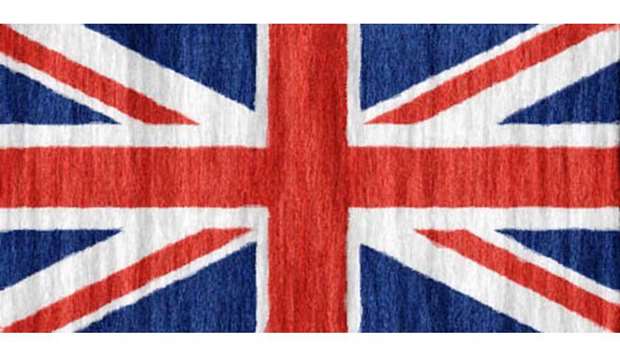The parents of terminally ill baby Charlie Gard yesterday accused a London hospital of preventing their son from coming home to die, the latest harrowing confrontation in a legal battle that has raised emotions far and wide.
The renowned children’s hospital treating Charlie told a court that the invasive ventilation the infant requires cannot be provided to him in his parents’ home.
Instead, it proposed transferring Charlie to a hospice.
The plight of 11-month-old Charlie, who suffers from an extremely rare genetic condition causing progressive brain damage and muscle weakness, has been at the centre of a bitter dispute between his parents and Great Ormond Street Hospital.
The case has triggered a strident debate on social media and in the press about whether doctors, judges or parents should decide a child’s fate.
US President Donald Trump and Pope Francis are among many people who have weighed in with views. “Emotions are as high in this case as they could be in any,” said the presiding judge, Nicholas Francis.
Staff at Great Ormond Street have received death threats and abuse.
Charlie requires a ventilator to breathe and cannot see, hear or swallow. His parents, Chris Gard and Connie Yates, resigned themselves to letting him die after the most recent set of scans showed his condition had deteriorated to the point no recovery was possible.
But Yates was back at the London High Court yesterday, this time for a hearing on practical arrangements for the end of Charlie’s life.
The parents want Charlie to be taken to their home or to the home of a close relative or friend for his last moments until his life support system is switched off.
Their lawyer, Grant Armstrong, told the London High Court that Great Ormond Street was placing “obstacle after obstacle” in the way of the parents’ wish.
“We struggle with the difficulties the hospital is placing in the way of the parents having a...short period of time before the final act in Charlie’s short life,” Armstrong said.
Great Ormond Street said Charlie’s end-of-life care must be safe, spare the baby all pain and must protect his dignity, while at the same time honouring his parents’ wishes about the time and place of his passing. In a document presented to the court, the hospital’s lawyer listed practical problems preventing Charlie’s transfer home.
Among them was the fact that the ventilator would not fit through the front door of Charlie’s home. “Charlie is a child who requires highly specialised treatment. His care cannot be simplified. It must be provided in a specialist setting by specialists,” the document said, warning against the risk of a “distressing or disordered death”.
The hospital said it had found an excellent hospice where Charlie and his parents would be given space and privacy.

The parents of terminally ill baby Charlie Gard yesterday accused a London hospital of preventing th
